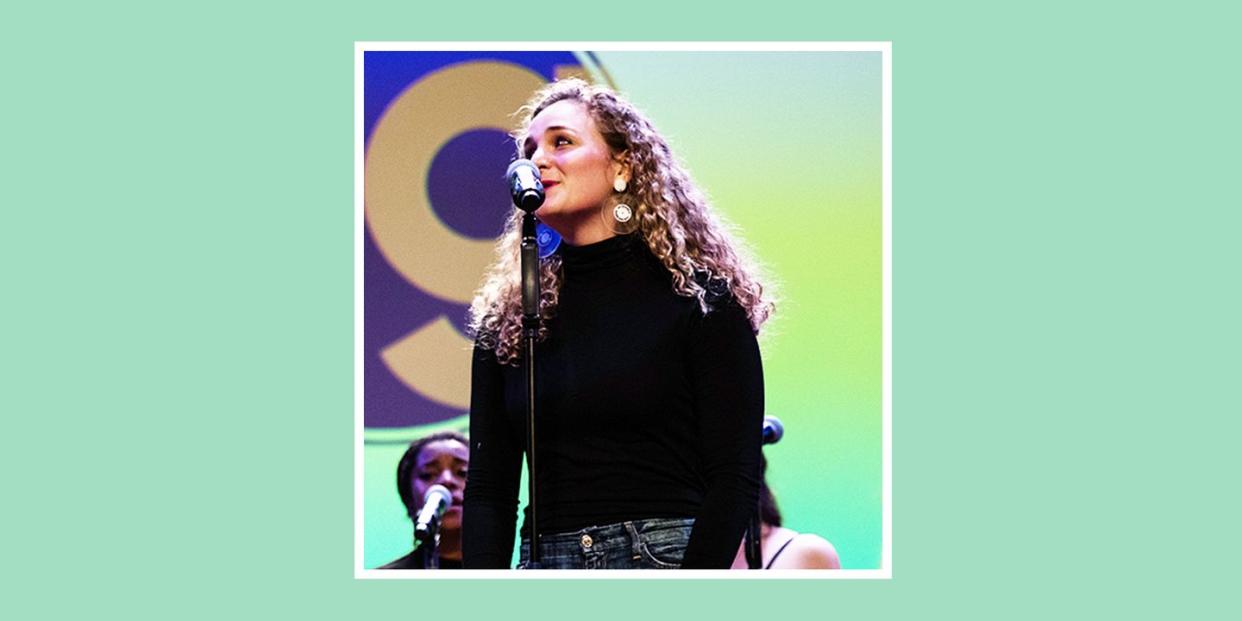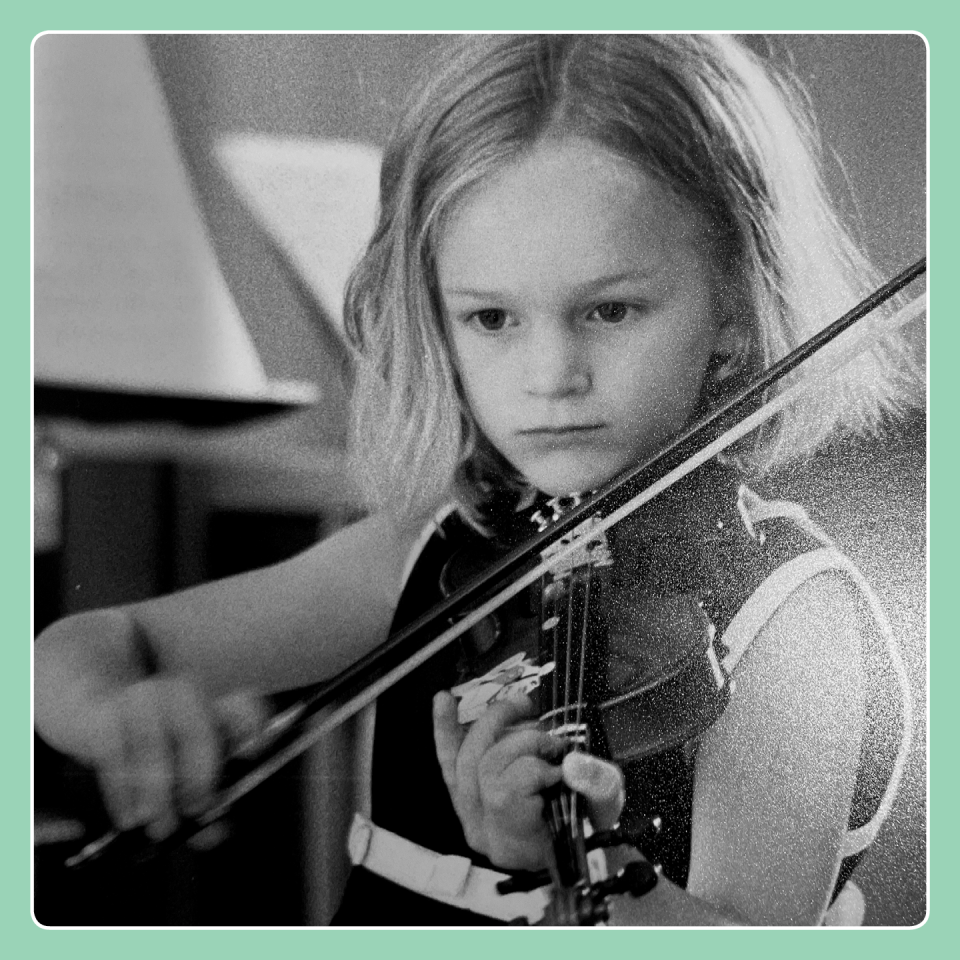'I Lost My Voice For Several Years—And A Huge Part Of My Identity, Too'

I’ve been a singer my entire life. Music, to me, has always been something personal, creative, and self-generated. For a long time, I was, in a sense, my own source of the “music” in my life. It was how I identified with memories, other people, and my family.
But when I was a sophomore in college, I developed painful nodules on my vocal folds from overuse (singing and socializing took a toll) that turned my confident voice into a whisper. For three years, I couldn’t really sing. Doctors said they could operate, but it was a last resort and might not fix the problem. I didn’t want to risk it. So, my music—and a big part of myself—was lost.
While the CDC estimates that 8 percent of Americans experienced a voice disorder in the past 12 months, Robert Sataloff, MD, chair of the department of otolaryngology at Drexel University College of Medicine, says most experts believe official numbers are drastic underestimates, since so many people simply live with poor voice quality.
Music isn’t just instruments and headphones. Our voices are our music, the melody we listen to most often—at the gym during a set, when we need a surge of energy before a big presentation, singing in the car with our best friend. One new study even found that we have neurons that seem to respond selectively to the sound of human song, and others that respond only to the human voice. So, a part of your brain lights up only when you hear people sing! How wild is that? This connection, though, is barely understood.

What experts do know for sure: “When we’re born, one of the first things that happens to us is identifying our mother’s voice,” Dr. Sataloff says. “The notion of associating voice with identity is innate.” It makes sense, then, that our voice plays a big role in forming our individuality as we grow up. And without it, there can be a sense of loss and “otherness.”
For about a year, I went to vocal therapy twice a week, learning to talk again, to manipulate space in my mouth and massage neck muscles I didn’t know existed. I cried a lot. I did embarrassing vocal exercises in my dorm. I gave up coffee, dairy, and loud restaurants. I stopped talking at parties and took time off from my beloved a cappella group. Socializing—something I loved—was too stressful. My boyfriend started associating me with the smell of the cough drops I kept in my pockets.
My voice was everything. And for a few years, it was broken, unrecognizable. The music was gone.
I didn’t know who I was without it, and it took a huge toll on my mental health. I stayed in. I got deeply anxious before big social events, afraid my voice would betray me. Watching people sing freely, happily, without pain, was torture. I was haunted by the loss, and my silence made me feel more ghostly.
This is not uncommon. The psychological toll of an injury like this can be traumatic. “Anything that affects the voice will affect the psyche,” Dr. Sataloff says. “And the sense of identity loss can make people question the substance of who they are.”
It’s not just singers or teachers who feel this, either, says Libby Smith, MD, director of the University of Pittsburgh Medical Center’s Voice Center and a professor in the department of otolaryngology. “It’s just as important for the people who want to sing at church or sing to their grandkids,” she says.
After almost two years of therapists and vigilance, I sat with a vocal coach in a New York studio and eked out the first verse of “Amazing Grace.” I choked on the words halfway through. “I once was lost, but now am found, was blind but now I see.” Tears formed. I had found my sound, my voice, again.
You Might Also Like

